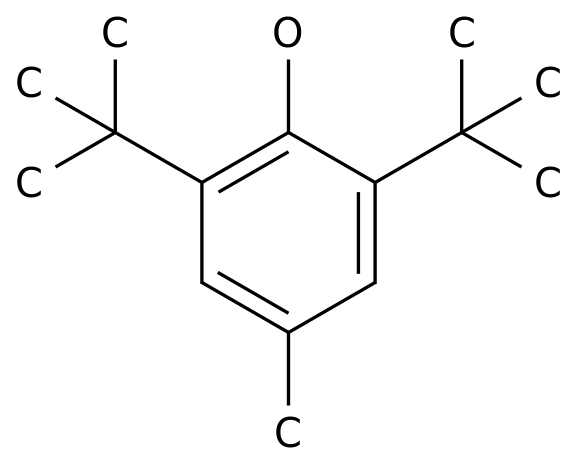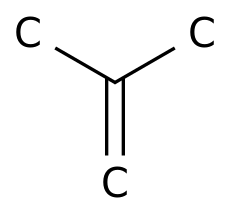-
Categories
-
Pharmaceutical Intermediates
-
Active Pharmaceutical Ingredients
-
Food Additives
- Industrial Coatings
- Agrochemicals
- Dyes and Pigments
- Surfactant
- Flavors and Fragrances
- Chemical Reagents
- Catalyst and Auxiliary
- Natural Products
- Inorganic Chemistry
-
Organic Chemistry
-
Biochemical Engineering
- Analytical Chemistry
-
Cosmetic Ingredient
- Water Treatment Chemical
-
Pharmaceutical Intermediates
Promotion
ECHEMI Mall
Wholesale
Weekly Price
Exhibition
News
-
Trade Service
As a leading enterprise in the production and sales of domestic ecological functional polyurethane synthetic leather and materials, Amway (300218) announced on the evening of May 24 that the company has become the only Chinese company with a tax rate of 0 in the latest round of anti-dumping final rulings in India
.
According to the announcement, the official website of the Central Indirect Tax and Tariff Commission of India recently released news that the Revenue Bureau of the Ministry of Finance of India approved the final affirmative anti-dumping ruling made by the Ministry of Commerce and Industry of India on February 21, 2022 on polyurethane synthetic leather originating in or imported from China.
That is, a five-year anti-dumping duty will be imposed on the products involved
.
Among them, the tax rate of the company involved in the case is 0, which is the 37 companies mentioned in the "Affirmative Final Anti-dumping Decision on Polyurethane Synthetic Leather Originating in or Imported from China" issued by the Indian Ministry of Commerce and Industry on February 21, 2022.
The only producer in the company with a tax rate of 0, the measure is effective from the date of publication of this notification in the Official Gazette
.
During the collection period, except for Amway shares, all other Chinese artificial leather and synthetic leather enterprises exporting to India will be subject to anti-dumping duties at a rate of US$0.
46/meter
.
However, in 2019-2021 and the first quarter of 2022, Amway's exports of polyurethane and synthetic leather products to India were relatively small, accounting for less than 1% of the company's operating income and 2% of China's total exports of artificial leather and synthetic leather to India.
Below
.
Amway shares said that although the final ruling is not expected to have a significant impact on the company's operating performance in 2022 and the future, it will help the company develop the Indian market in the future, increase the company's share and market share in the Indian market, and achieve good economic benefits.
.
According to relevant statistics, India has become the second largest exporter of artificial leather and synthetic leather in China, second only to Vietnam, with a wide market space and many development opportunities
.
However, the current Indian market is highly competitive and the product quality is relatively low.
The company is still in the integration stage in terms of products, prices, channels, promotions and other elements
.
Therefore, the Indian market is not an important target market for the company at present and for a certain period of time in the future
.
Amway's current important overseas market is Vietnam
.
Just in April this year, the company just announced the completion of the capital increase in Amway (Vietnam) Materials Technology Co.
, Ltd.
(hereinafter referred to as "Amway Vietnam")
.
After the capital increase, the registered capital of Amway Vietnam Company increased from US$22 million to US$35 million
.
Amway Vietnam's business projects are the production of ecological functional artificial leather, synthetic leather, polyurethane resin, pigments, and other polyurethane composite materials, etc.
, which can produce 12 million meters of ecological functional artificial leather and synthetic leather annually
.
Regarding the consideration of building a factory in Vietnam, Amway has publicly stated that in recent years, international first-line well-known brand customers such as synthetic leather downstream shoemaking, sofa furniture, sports equipment, electronics, etc.
, such as NIKE, ADIDAS, PUMA, ASICS, ASHLEY, etc.
have come to Vietnam.
transfer
.
Investing and building a factory in Vietnam is conducive to getting closer to the market and customers, improving market response speed and customer service efficiency, speeding up delivery, better serving domestic and foreign brand customers, and improving the company's product competitiveness
.
At the same time, the establishment of a factory in Vietnam will drive the company to enter the international brand manufacturing business circle in Vietnam, accelerate international brand certification and cooperation, expand the sales of semi-finished leather and finished products, further increase market share, and enhance overseas market competitiveness
.
In addition, Vietnam has low tariffs on major products from countries such as the United States and India, and has signed a free trade agreement with the European Union, creating broad market opportunities
.
According to Amway, China is the world's largest producer, exporter and consumer of polyurethane synthetic leather and composite materials, with a vast downstream space and is closely related to the lives of more than 7 billion people around the world
.
According to incomplete statistics from relevant parties, there are currently about 450 domestic artificial leather and synthetic leather enterprises above designated size, with an output of about 4.
5 billion square meters and an output value of about 78 billion yuan, of which PU synthetic leather accounts for about 42%
.
It is estimated that by the end of the "14th Five-Year Plan", the static consumption of the domestic artificial leather and synthetic leather industry is expected to reach about 5.
5 billion square meters, and the output value may exceed 100 billion yuan
.







